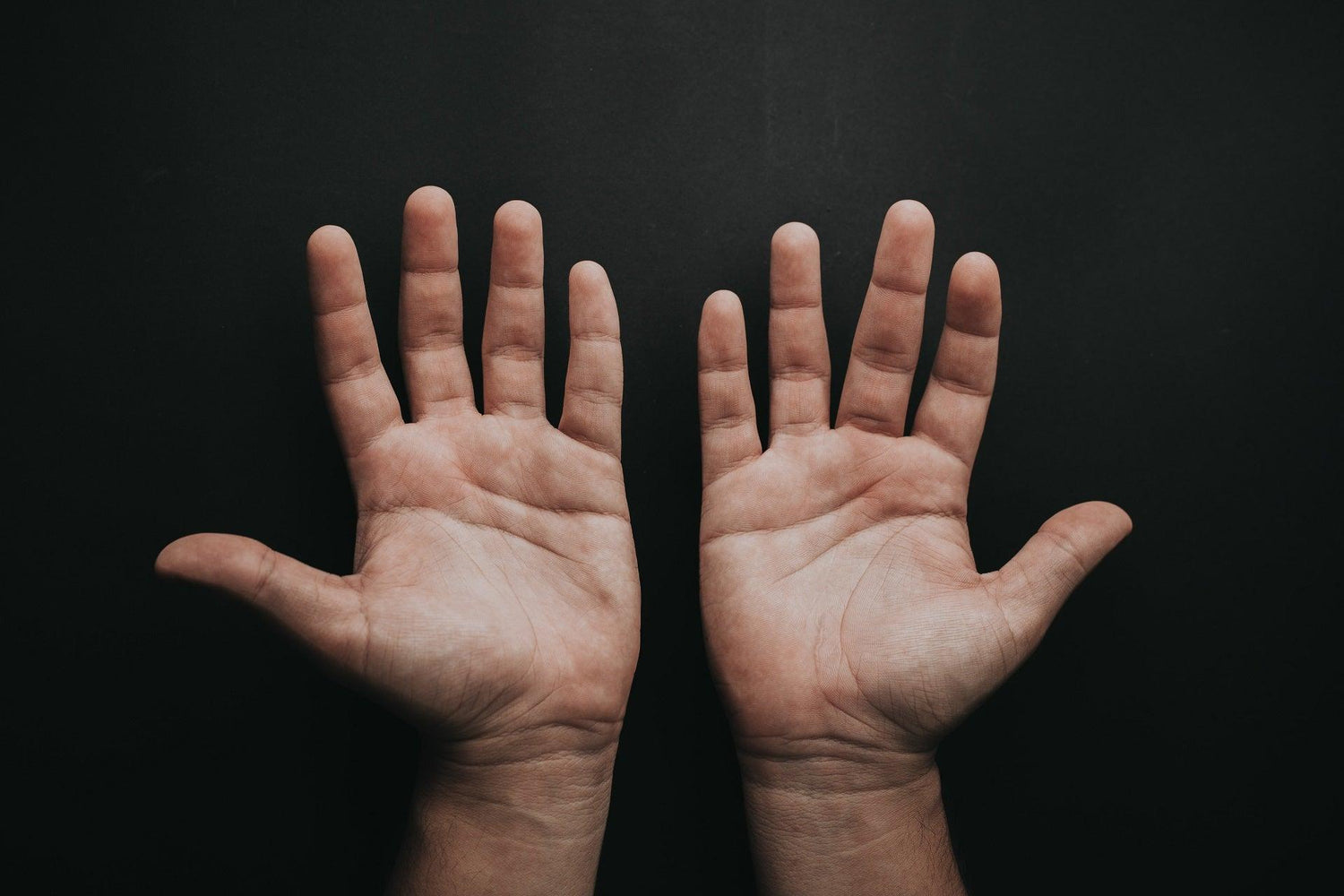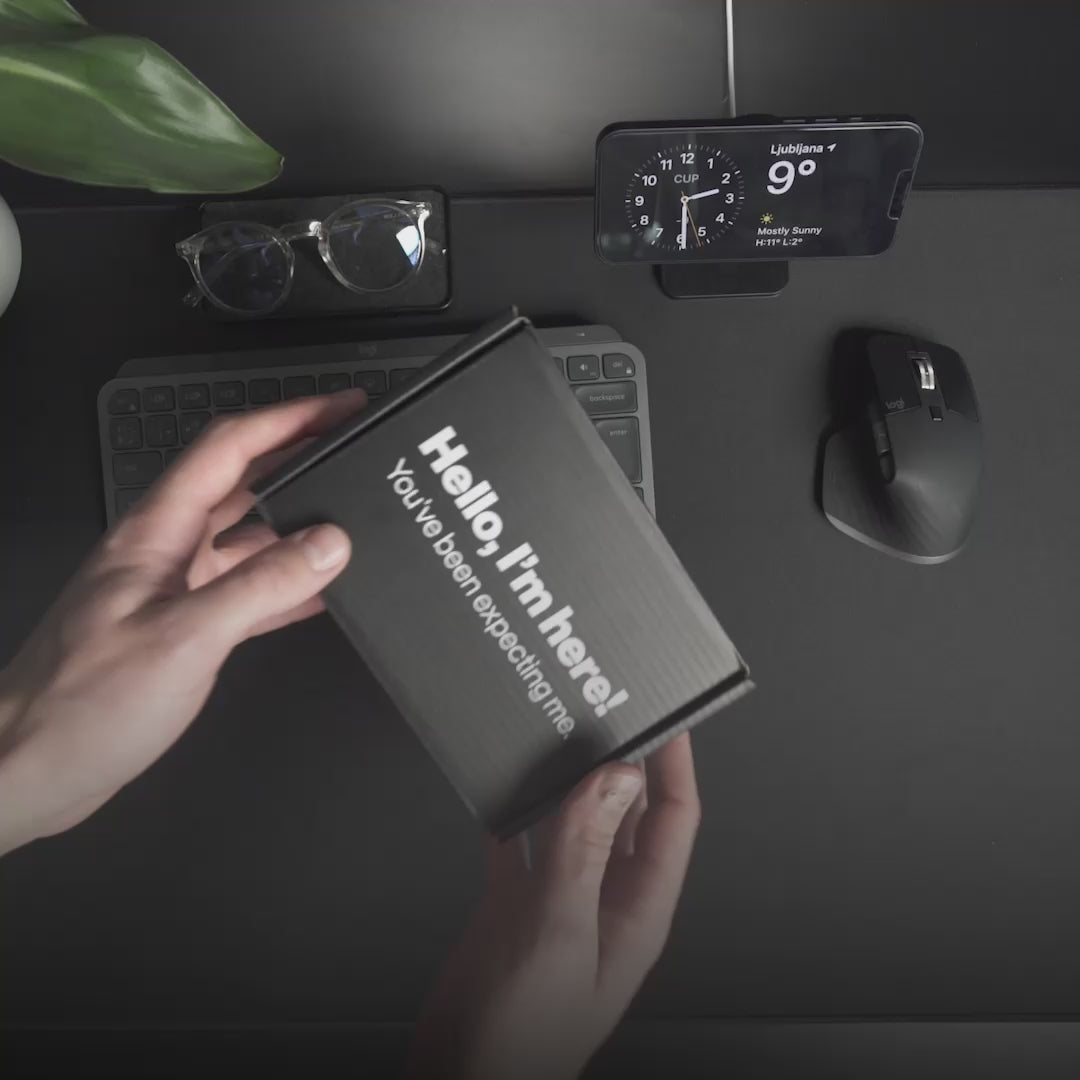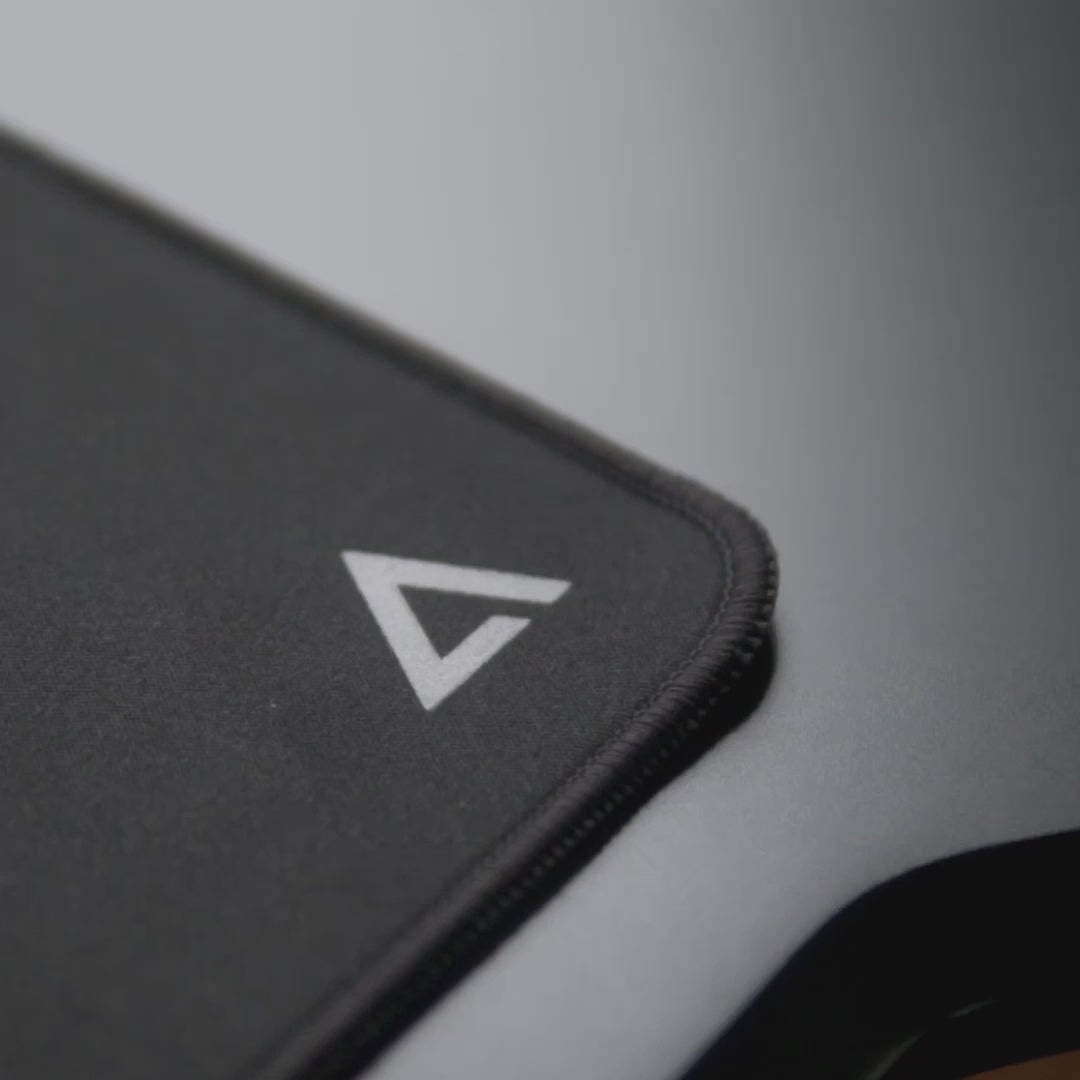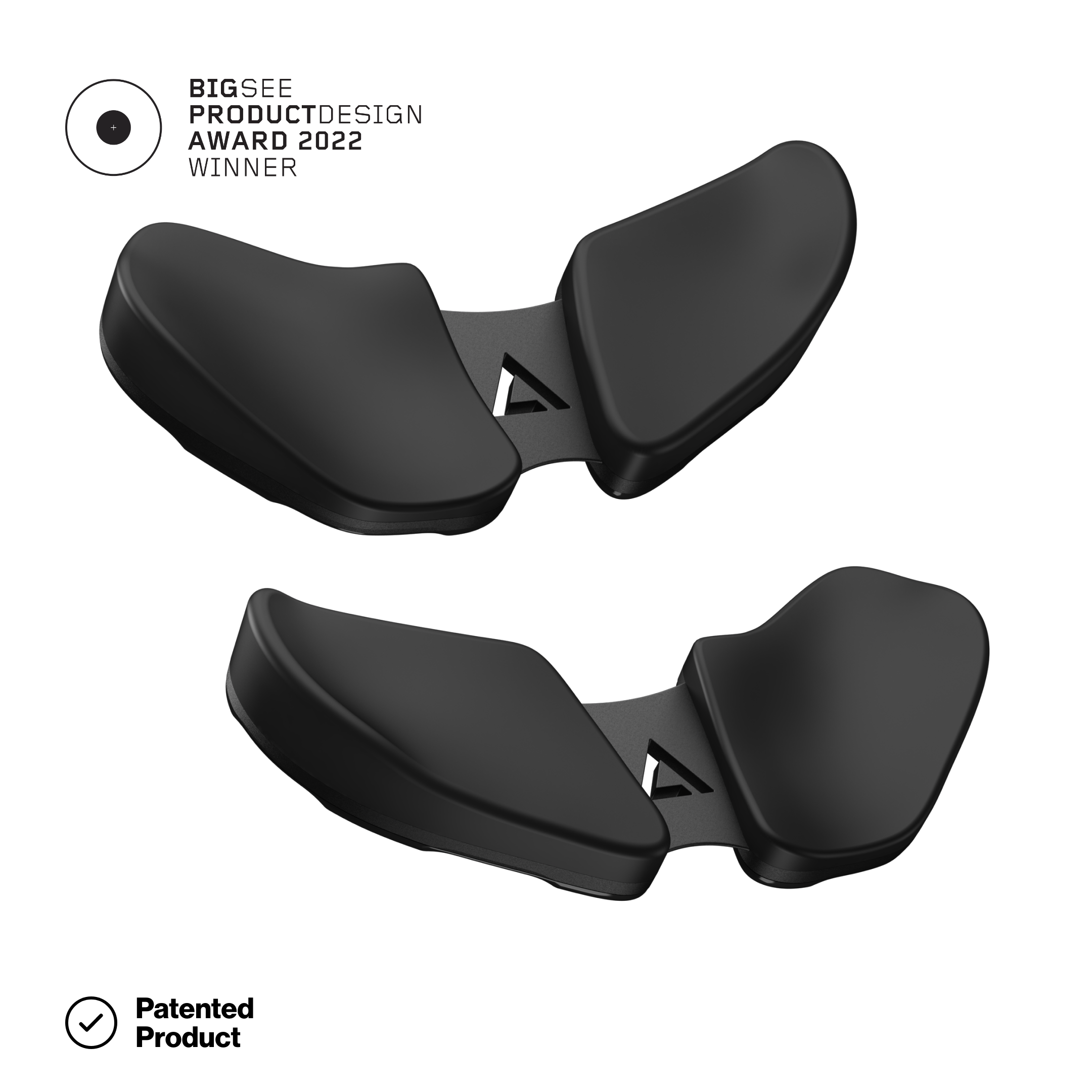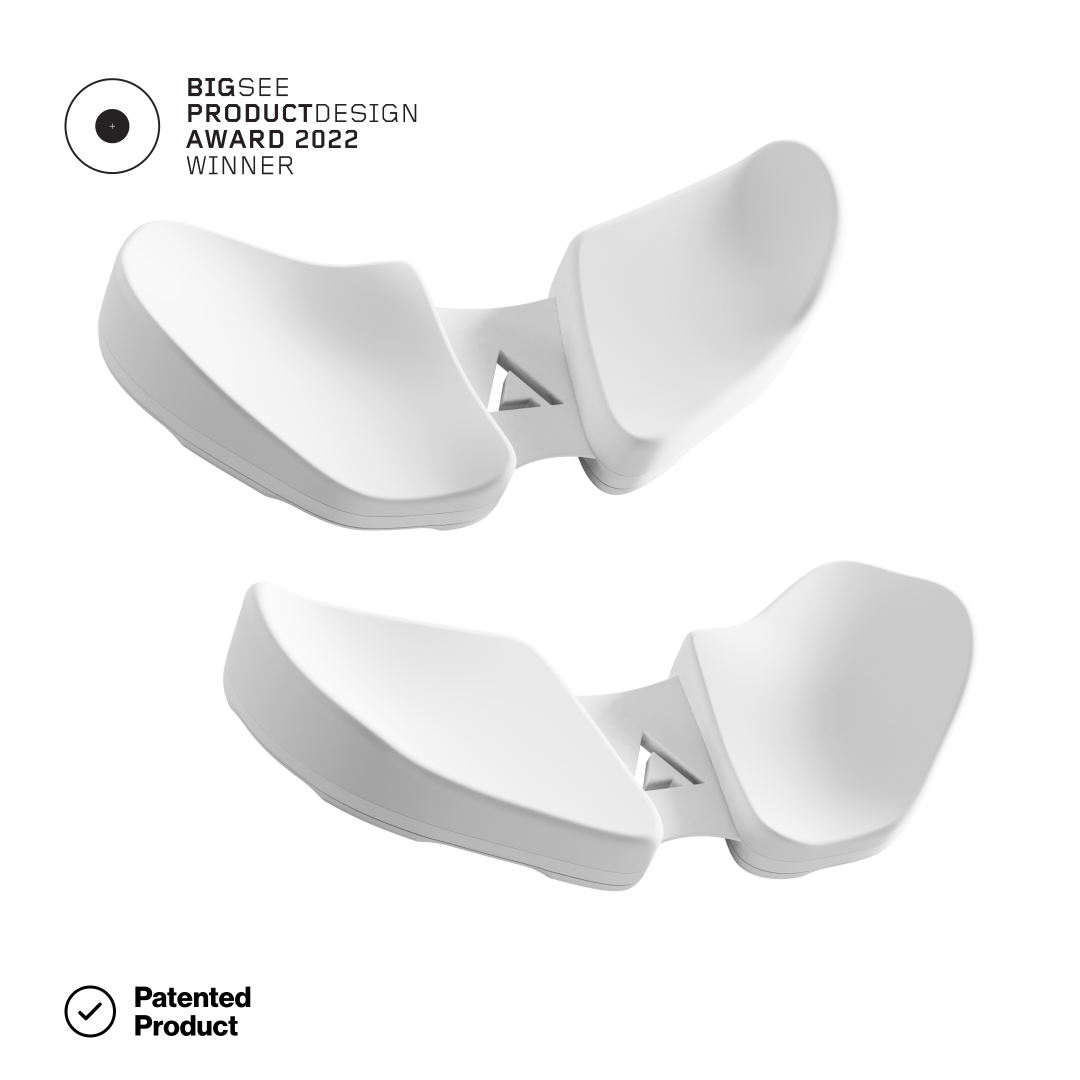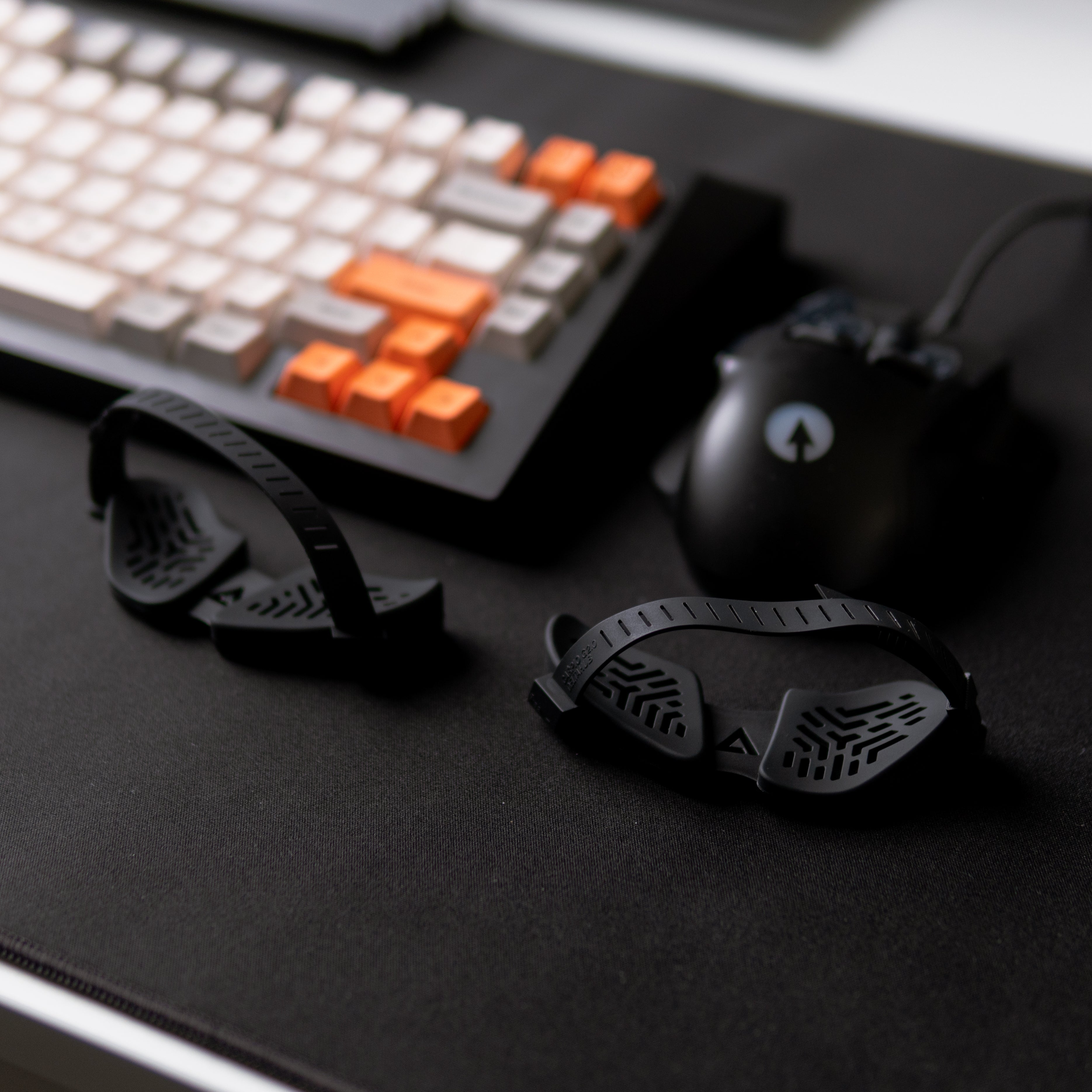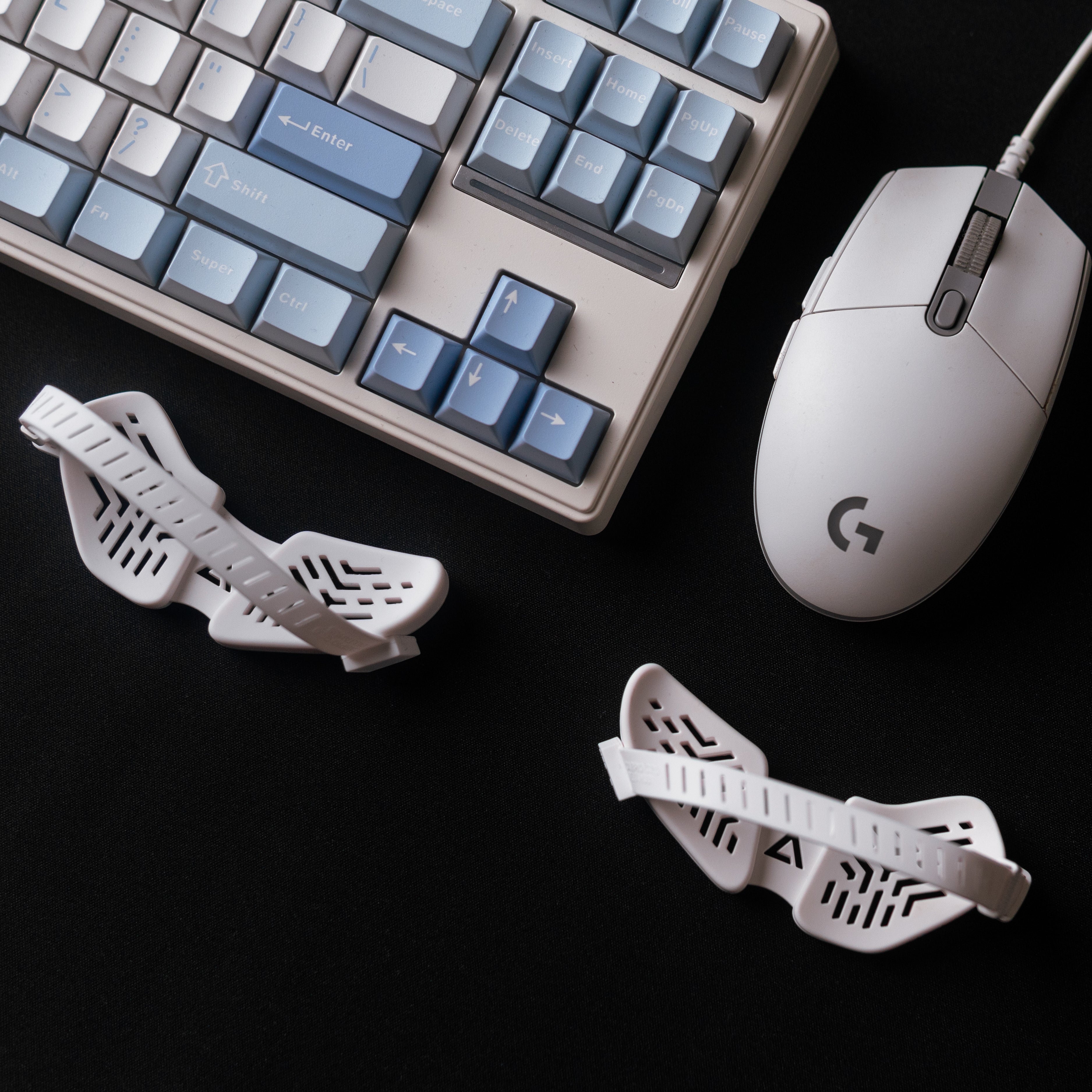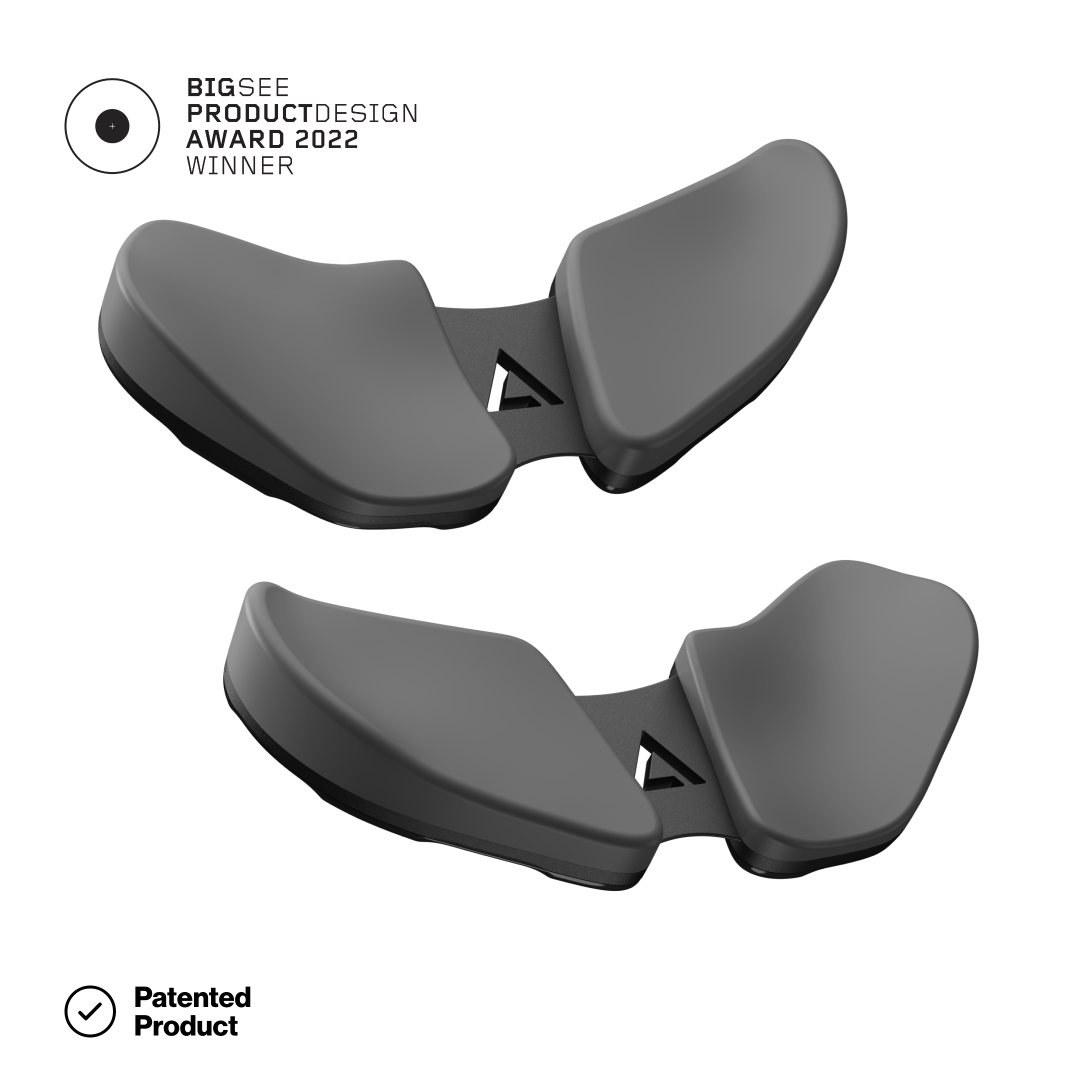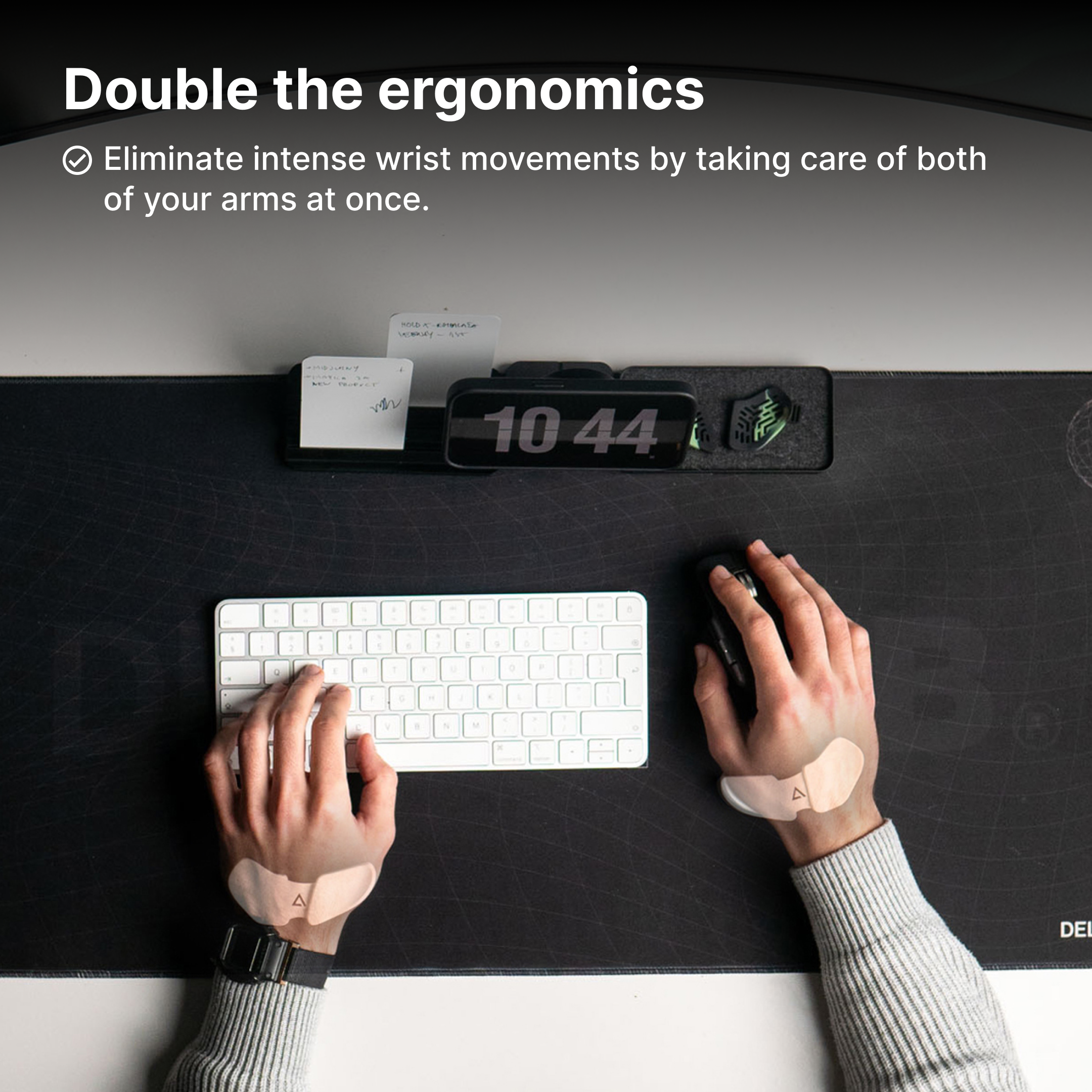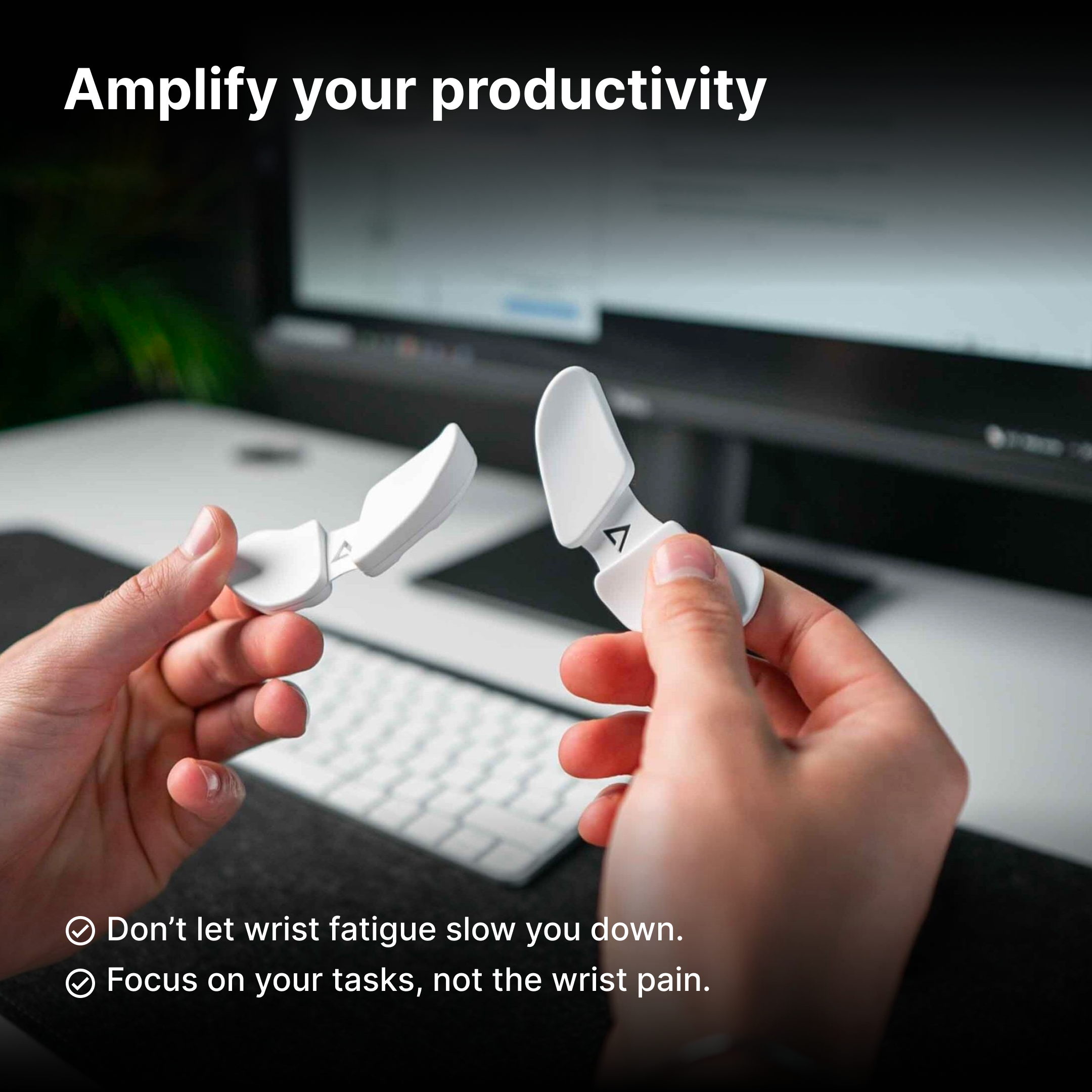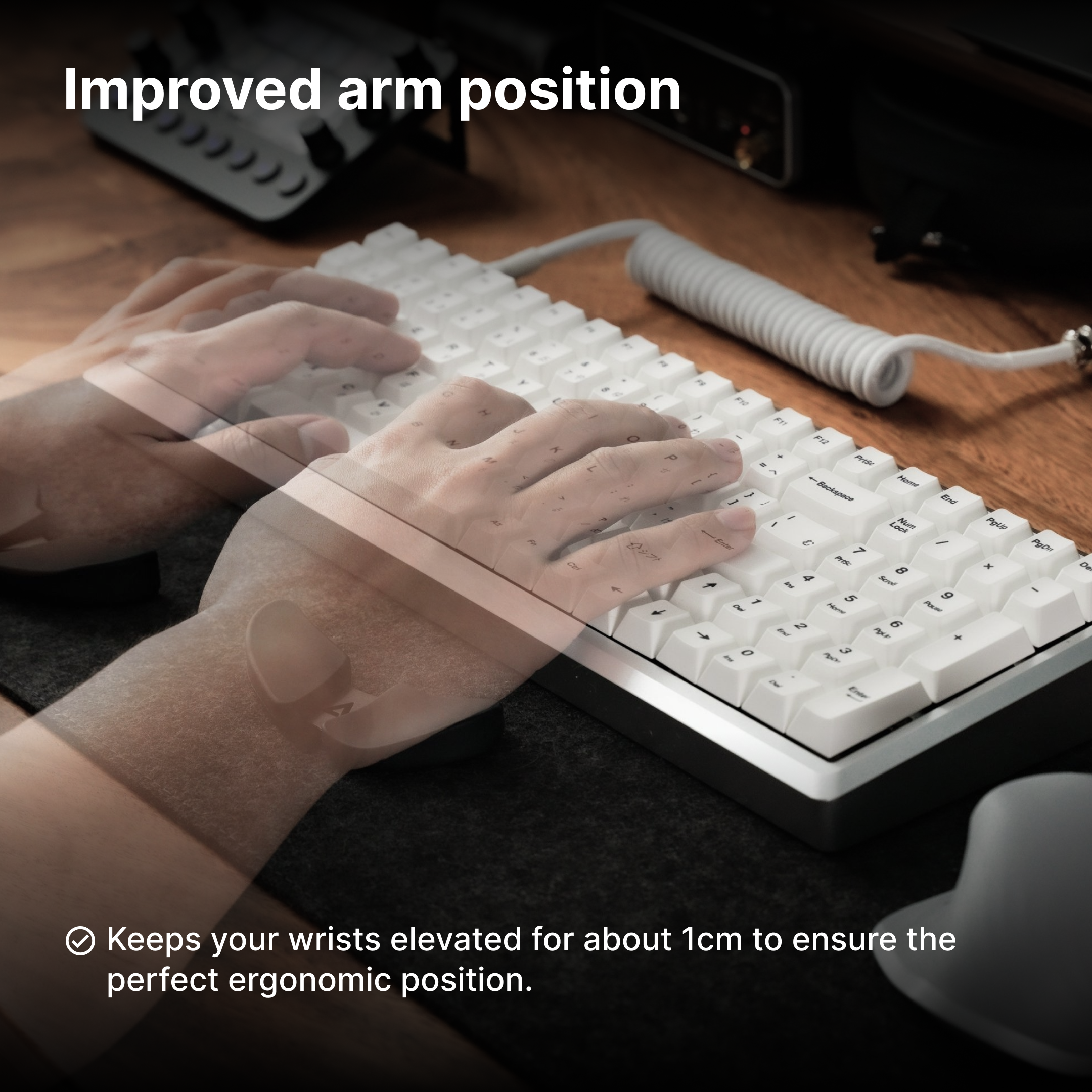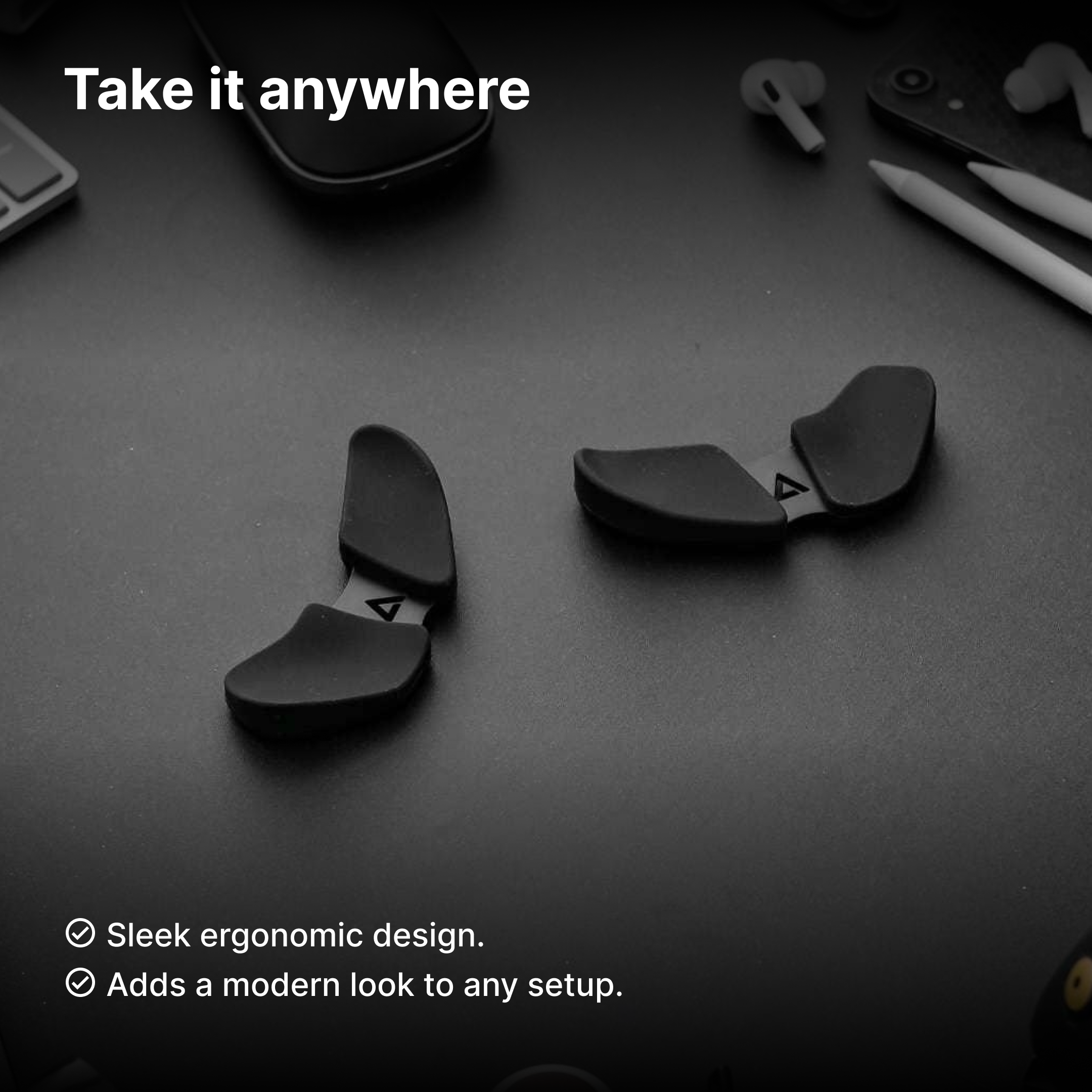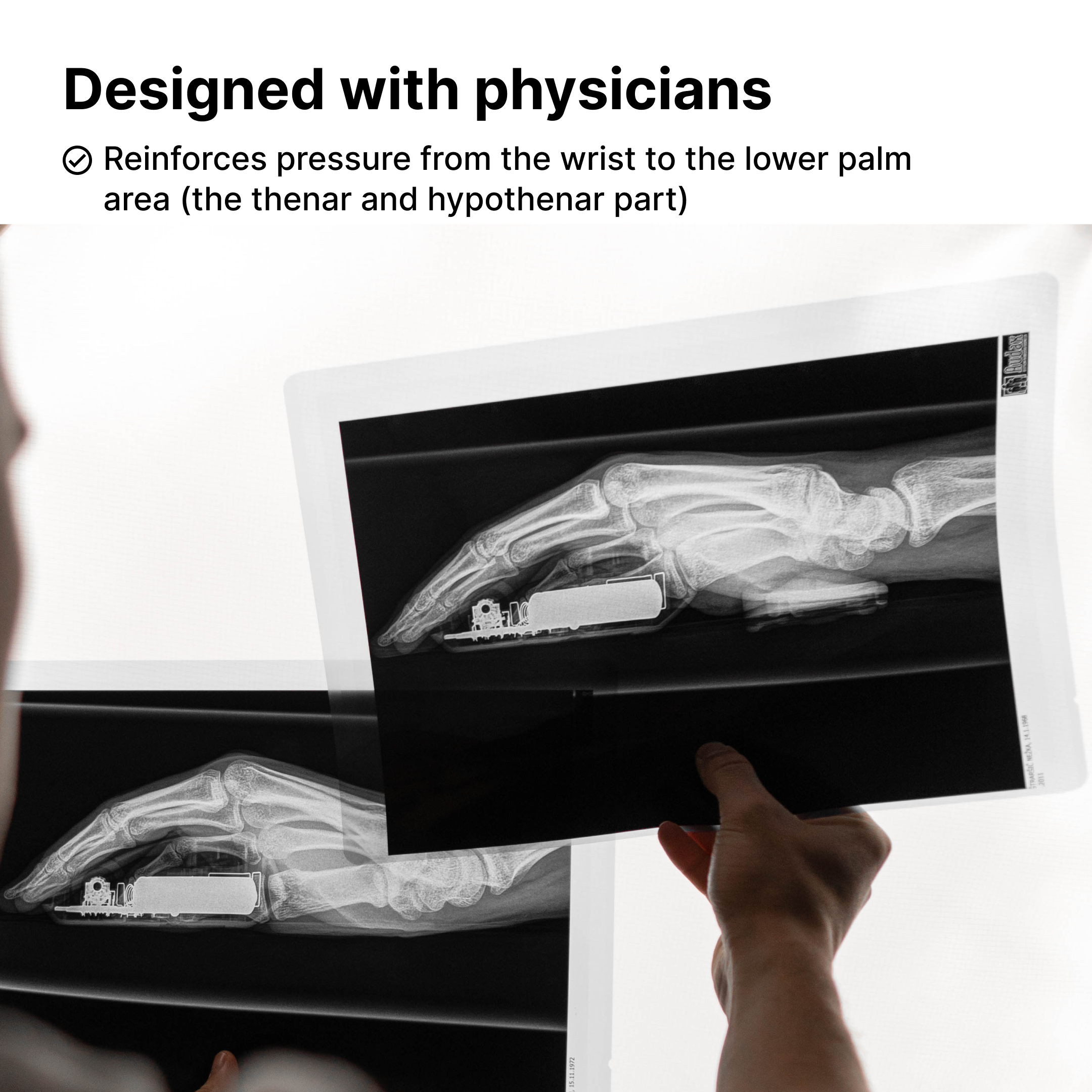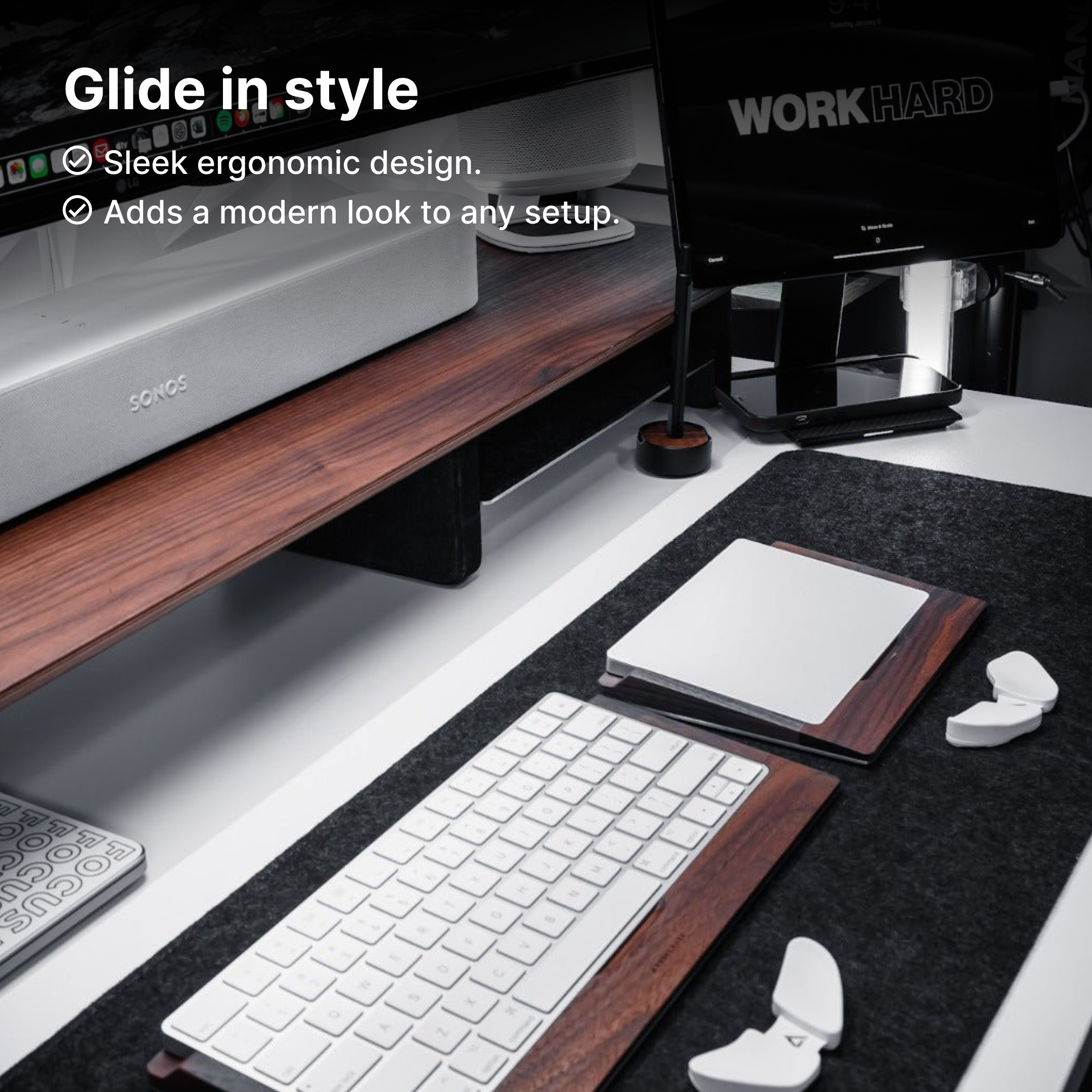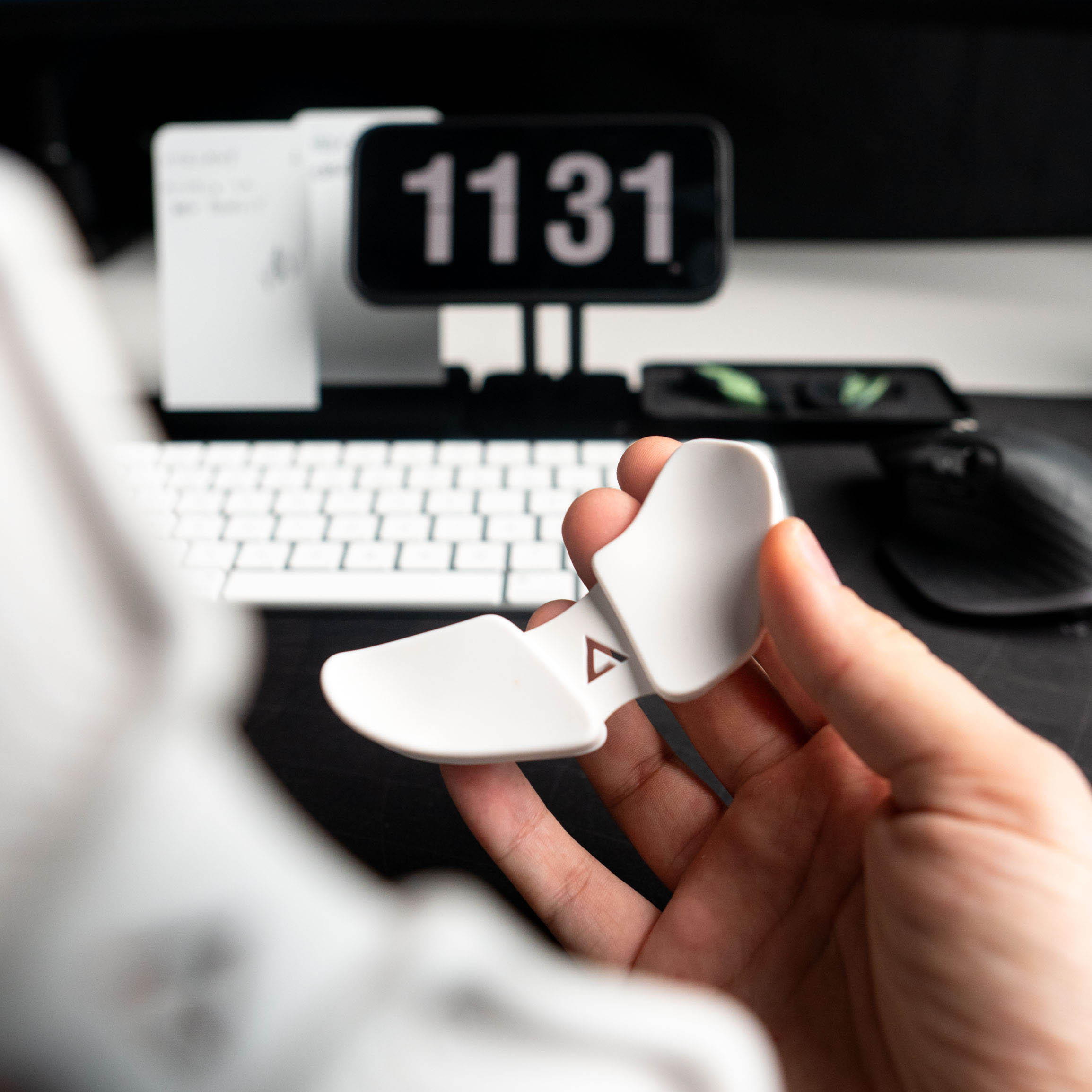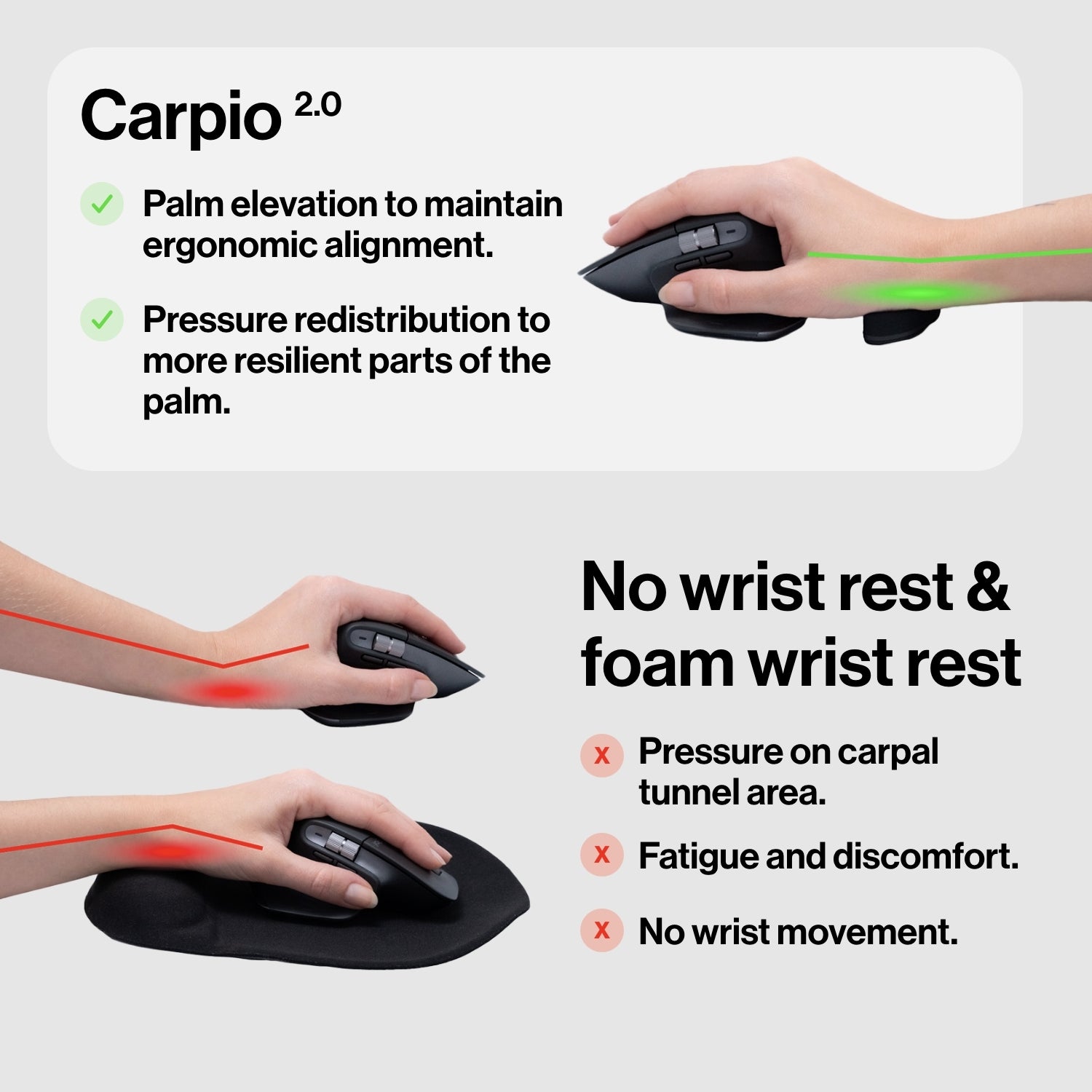First of all, don’t worry. I understand that the fact that you can't open your hand all the way may seem scary but let me calm you down - your condition can be treated routinely.
Let’s take a look at the most likely reasons and what you can do about it.
Jammed or broken finger
If you’re unable to fully extend your finger(s), they might be jammed or broken, especially in case of a traumatic event (for example a ball hitting your finger),
Swelling or bruising is likely to occur and can be alleviated with some rest and ice. However, in case of unbearable pain or your finger looking crooked, you should immediately see your doctor to do an X-ray that will reveal a potential fracture.
Trigger finger or Stenosing Tenosynovitis
The so-called “trigger finger” is a potential non-traumatic reason that causes improper bending of your finger because of the swollen tendons. It mostly affects the ring finger and thumb but can occur in the other fingers, as well.
While the causes of trigger finger are not well known, several factors may increase your risk for developing the condition. It is more common in people with certain medical conditions, such as diabetes and rheumatoid arthritis and is known to occur after forceful use of the fingers.
In the case of trigger finger, you’ll mostly still be able to extend your finger passively (with the help of the other hand), but may experience pain and/or a popping sound together with a sensation of locking and catching, therefore, the expression “trigger finger”.
The tendons attach muscle to bone and are surrounded by a protective sheath. When the affected finger's tendon sheath becomes irritated and thickened, making it harder for the flexor tendon to glide through it as the finger bends.
You should definitely consult your doctor who may use a cortisone steroid to alleviate the issue. Should problems persist, surgery may be considered.
Dupuytren’s Contracture
If you’re having difficulty opening your hand, can’t put it in your glove or pocket, Dupuytren’s Contracture (pronounced du-pwe-TRANZ) is another possible non-traumatic cause, also known as The Viking disease since it is more common among those of Nordic descent. It mostly compromises hands but other manifestations are seen in feet (Ledderhose disease) and penis (Peyronie disease).
It most commonly occurs after the age of 50, affects more men than women, with a ratio of 2:1, and often runs in families. Other risk factors include diabetes, alcoholism, smoking, liver disease, thyroid function, epilepsy and previous hand trauma.
It is a progressive illness that develops over the years and causes a contracture on the palm of the hand. It starts with painless nodules, knots of tissue form under the skin of your palm, eventually creating a thick cord that can pull one or more fingers (mainly the last two) into a bent position. Nodules may also become palpable to pain in case of nerve compression.
Dupuytren’s Contracture is treated with physical therapy in the early stages, and needle aponeurotomy later on (the physician places a needle several times to break up the cord). The aim of the treatment is to slow the progression and to improve hand function.
However, when you’re completely unable to open your hand or that its function is severely disturbed, a routine surgical procedure is reasonable. Under local or regional anesthesia, cords are divided or removed. The postoperative period is usually 6-8 weeks. After the stitches are taken out and the wounds are healed, the physiotherapy and occupational therapy begin.
For years, it has been thought that this is the only possible end treatment but in some countries many cases can be managed non-operatively with an enzyme injection that weakens the cord, which is aggressively stretched a day later to rupture it.
Unfortunately, irrespective of the treatment, recurrence is common with all of them.
- Marko Mikša, MD


